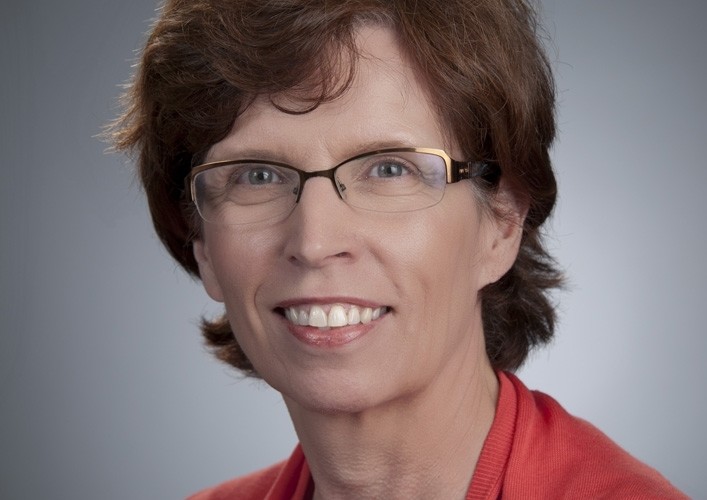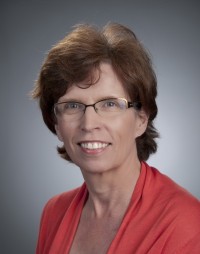Nurses advance clinical practice through research


Nursing Research Facilitator Lynn Bayne, Ph.D., NNP-BC, says that every Christiana Care nurse is a researcher in one way or another. Some are prolific publishers and presenters. Others serve on the Nursing Research Council or Evidence- Based Practice Council. Still others join a unit-based value improvement team, participate in a Focus on Excellence project, enroll in one of the new tracks offered by the Value Institute Academy or pursue a degree or certification-related academic research project.
Yet Bayne, one of two Christiana Care research nurse facilitators advancing nurse involvement in research, says nurses who participate in a professional organization, attend a nursing conference or work toward professional certification are also involved in research and the quest for new knowledge.
When surveyors from the American Nurses Credentialing Center visit next fall to evaluate Christiana Care for re-designation of its prestigious Magnet status, nurse involvement in research will be a key area of focus. But Bayne, her colleague, research nurse facilitator Ruth Mooney, Ph.D., RN, and Dot Fowler, MSN, RN, BC, WHNP, professional advancement coordinator, think the surveyors will easily find examples of nursing excellence in the Magnet model component of New Knowledge, Innovations and Improvements.
The majority of Christiana Care nurses are involved in professional organizations, with many holding leadership positions at the local, regional and national level. Christiana Care nurses present on national and international stages and publish in the most prestigious industry journals.
Some examples include:
- Clinical nurse specialist Denise Lyons, MSN, GCNS, BC, and a team of nurses representing various practice settings, have an article due out soon in MedSurg Nursing on the impact of physicians cohorting patients on nursing units. This nurse-led research initiative preceded research for Christiana Care’s new unit-based leadership program.
- An article by Rachel Joseph, Ph.D., CCRN, one of two doctoral-prepared bedside nurses at Christina Care and an
- RN II, will publish research on the impact of tracheostomy on family stress and coping in an upcoming issue of Advances in Neonatal Care.
- Patricia (Trish) Briggs, MSN, BS, RN 3, CCRN, is the principal investigator of a study comparing the use of peppermint inhalers as an antiemetic as an alternative to a medication that helps nausea, but can have side effects such as drowsiness.
Because evidence-based practice is so important in today’s health care environment, Christiana Care offers numerous opportunities for nurses to learn how to recognize good research and apply it to their own patients.
- Journal clubs and blogs, such as those offered by the WICU and NICU, are the newest way nurses come together to research and discuss issues of importance. Participants learn how to delve into articles — not just taking the information provided at face value, but raising questions, dissecting the article and determining whether the idea presented is worthy of implementation on their unit.
- The Tell It in a Poster program is a popular way for nurses to advance research skills and share knowledge with colleagues.
- Innovations in Nursing Practice attracted more than 200 submissions last year, as nurses explored ways to improve clinical practice.
- Nursing grand rounds allow nurses to impart vital information to a multidisciplinary audience.
“In a Magnet organization, it’s crucial to engage the entire health care team as we focus on the patient,” stresses Fowler. “Nursing grand rounds are research-based.” Bayne and Mooney estimate that more than 30 research projects involving Christiana Care nurses are active or pending approval by the Institutional Review Board, with another 10 in the pipeline. About 300 nurses are actively involved in clinical research projects.
“Nurses can, and do, change and drive clinical practice,” Fowler said. “Through research, nurses assume clinical accountability for the care they provide to their patients. There is a tremendous sense of professional satisfaction among nurses who are highly engaged in the research process. As nurses, we are touching lives, promoting healthy outcomes. Knowing we’ve made a difference highlights our professional obligation as nurses. It’s powerful.”